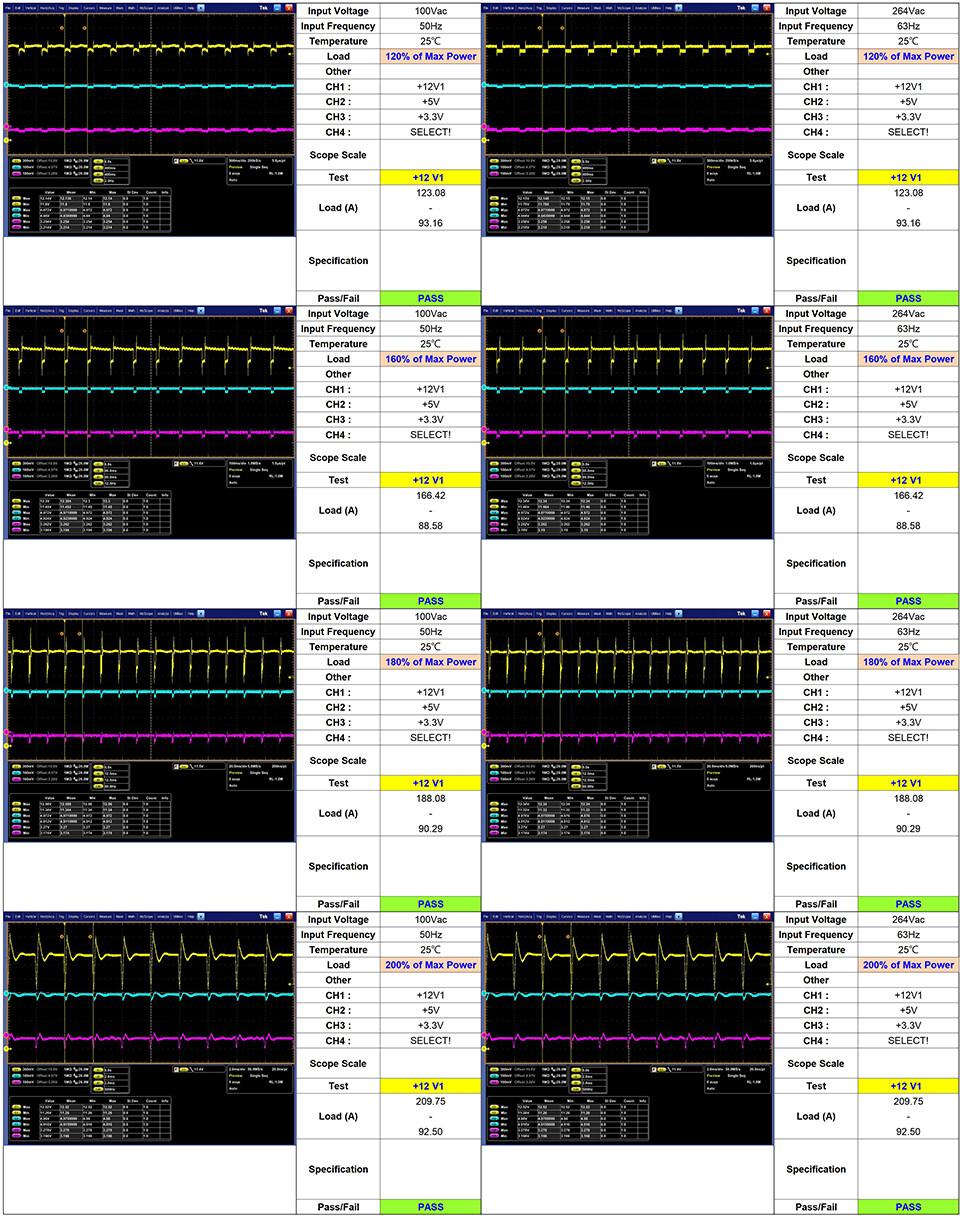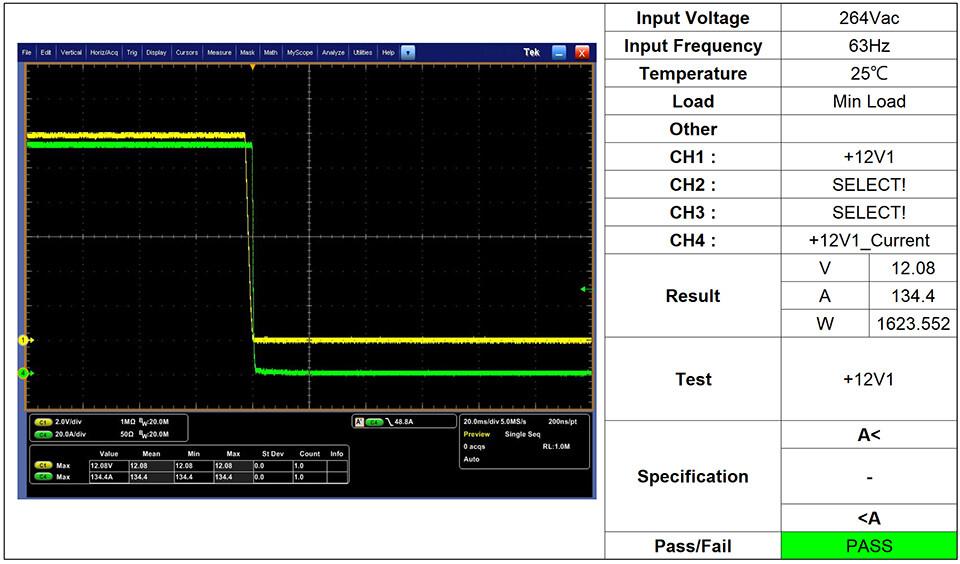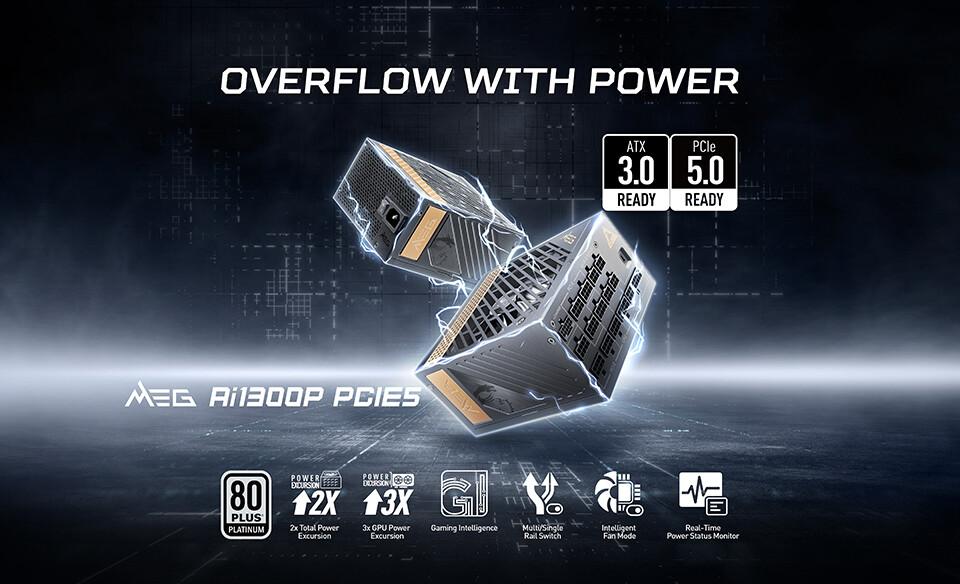MSI is pleased to introduce the MEG Ai1300P PCIE5 power supply unit, the world's first power supply unit to be completely compatible with ATX 3.0 and PCIe 5.0.
With graphics cards becoming increasingly vital, consumers must understand what components to purchase for their system if they choose to update. Let's start with ATX 3.0 to see why the MEG Ai1300P PCIE5 is the best future-proof power supply unit.
ATX 3.0 is Intel's new specification standard for existing PSUs. In short, ATX 3.0's main purpose is to help provide more reliability, and better power efficiency and provide graphics cards up to 600 watts of power. ATX 3.0 is created in response to graphics cards' increase in performance and the ever-increasing need for power. ATX 3.0 puts heavy emphasis on power excursions to make sure high-performance graphics cards can be sustained and your system can remain stable. Thanks to ATX 3.0 there is now an increase in efficiency while idling and a new power connector is added to help achieve all the above. ATX 3.0 added a new PCIe 5.0 12VHPWR connector that features 12+4 pins instead of the traditional 6 or 8. With the new PCIe 5.0 connector, the power supply and cable can supply up to 600 watts of power.
Fully Ready for PCIe 5.0 and ATX 3.0
Many power supply units on the market today don't fully support ATX 3.0 yet. Many will require an adapter that connects the three or four 8-pin PCIe connectors to the single PCIe 5.0 12VHPWR connector. It is also challenging to figure out where to plug the adapters. MSI's MEG Ai1300P PCIE5 power supply units are fully compliant with PCIe 5.0 and ATX 3.0. With a native 16 PIN (12VHPWR) PCIe connector the MEG Ai1300P PCIE5 is ready for all high-performing future graphics cards. It can freely pipe up to 600W of power to PCIe 5.0 graphics cards. To withstand higher currents needed by the graphics cards or CPU, the MEG Ai1300P PCIE5 power supply units' connectors utilize copper alloy terminals for better safety.
Everything Is Legit and Backed By Testing
According to PCI-SIG, graphics cards are capable of exceeding their maximum power by 3 times. This is especially the case for high-performance graphics cards such as the NVIDIA GeForce RTX 3090 Ti or the upcoming NVIDIA next-gen graphics cards. It is believed that the upcoming graphics cards need 600 W of power and will have power excursions up to 1800 W. The power excursions only last 100 microseconds but can already heavily disrupt the computer system. Power excursions are also known as power spikes by many people.
Intel Testing Requirements
MEG Ai1300P PCIE5 Testing Result
From the chart below you can see that the MEG Ai1300P PCIE5 can safely achieve 2x total power excursion at 200% of the PSU wattage while meeting all the standards of Intel Testing Requirements at 120%, 160%, and 180% as well. The voltage of MEG Ai1300P PCIE5 can be controlled within the allowable voltage range when the current changes rapidly and violently to maintain the system stability and avoid system abnormalities.
OPP and OCP Maintained for Maximum Safety
It is important to keep in mind that some power supply units may find a way around the power spikes by lifting the threshold for OPP and OCP. This is not the case for the MEG Ai1300P PCIE5. As shown in the chart below, the MEG Ai1300P PCIE5 maintains the OPP level of 1300 W x 1.25 at 1623.55 W.
Power Supply Timing Values Is A Pass
To be fully compliant with ATX 3.0, there's also a timing value that the power supply unit must meet. The MEG Ai1300P PCIE5 is fully compliant with that timing value as shown in the chart below.
With future high-performing graphics cards slowly approaching us, it's all the more important for users to be prepared if they're expecting to upgrade their systems. The MEG Ai1300P PCIE5 is the perfect power supply unit for users who look to upgrade to high-performing components due to its full compliance with ATX 3.0 and PCIe 5.0.






